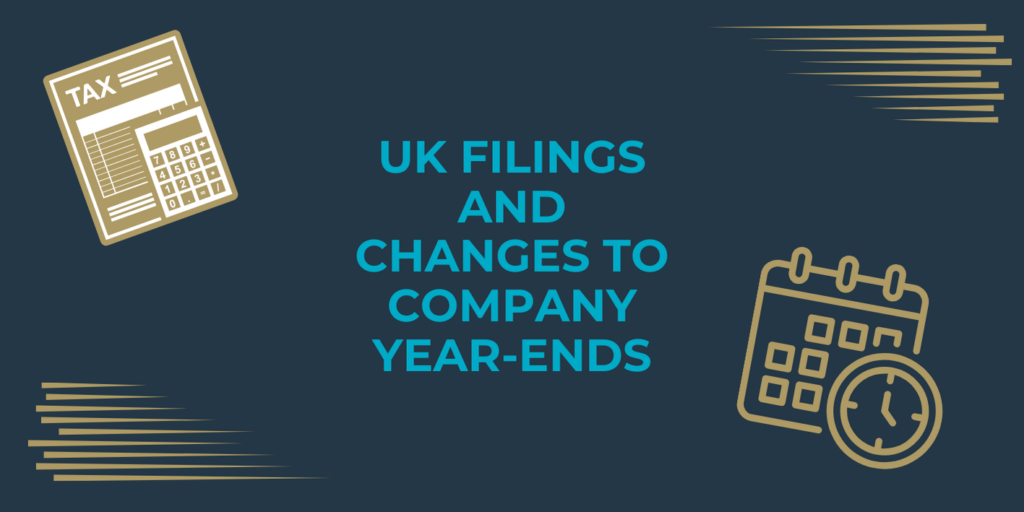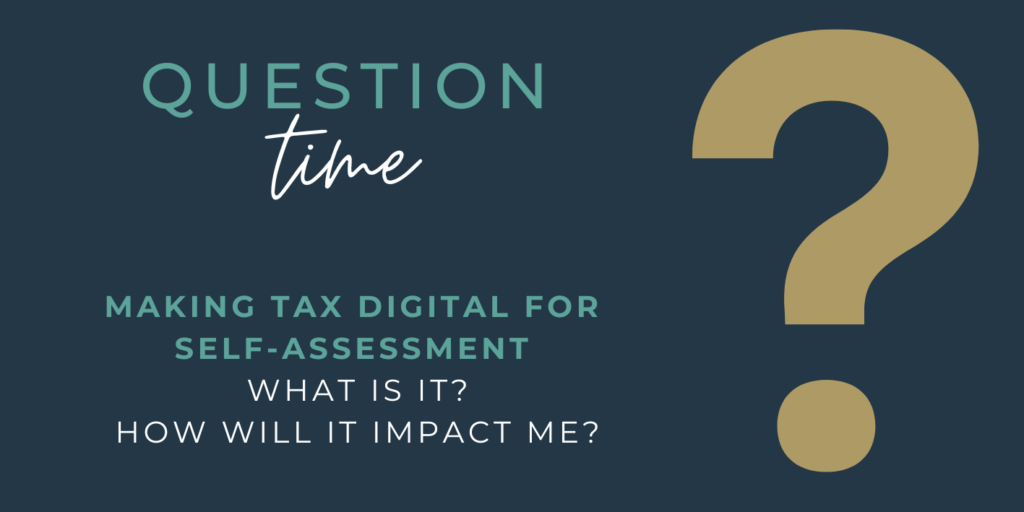Cloud Accounting with Perrys
At Perrys we have recently switched our IT system over to ‘The Cloud’ and I am pleased to say that after one or two teething problems we are now beginning to see the benefits.
Thankfully, clients don’t tend to ask us for advice about their IT systems and if they did in my case it would be a short conversation, but we do get asked about accounting systems and the relative strengths and weaknesses of the various accounts packages that are on the market.
For some businesses choosing the right accounts package may be dependent on one or two specific features of their business or the sector they are in. Some of these, particularly larger businesses may consider acquiring or developing a bespoke system designed to meet these needs. For the majority of other businesses the decision is more likely to be a choice between one of the standard packages such as Sage or Quickbooks.
In recent years we have seen the growth in popularity of ‘Cloud Systems’. Most of the major software providers now have their own cloud based product in addition to their traditional software.
The main advantage of cloud accounting is the ease of access. Business owners and their staff can access their financial information wherever they are, anywhere in the world (well anywhere with an internet connection) at any time and on a variety of devices. It also enables two or more people to be able to look at the same information without necessarily having to be in the same building together.
It also means that as accountants, we can be given access to client’s financial data, giving us information in ‘real time’ which in turn should assist us in the advice that we can provide.
Probably the major disadvantage of cloud accounting is the loss of control over your financial data and the security risks associated with this. Difficulties can also arise if you wish to change accounting system at a later date as you will still need access to your historic accounting records as required by HM Revenue & Customs.
Of course another key consideration will be the cost implications of switching. Cloud systems tend to be subscription based and therefore the immediate cost is less expensive and it also means that you don’t need to pay for regular updates. On the downside there may be time costs and training costs associated with switching systems.







